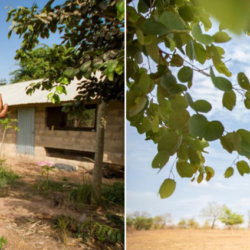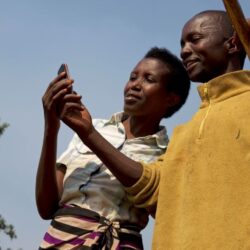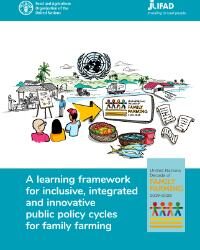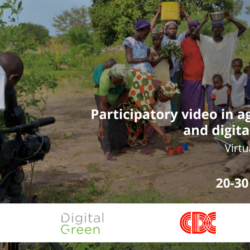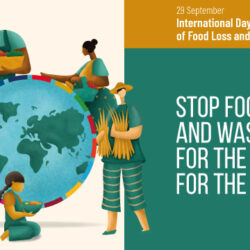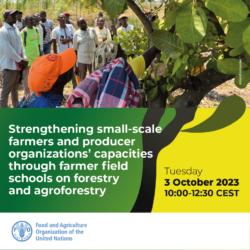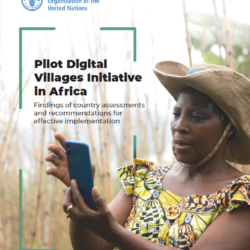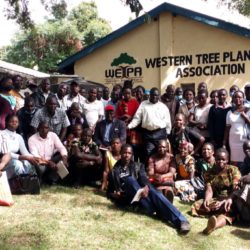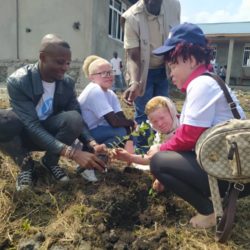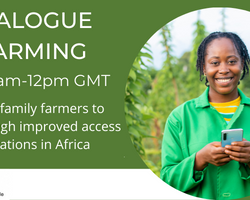Event: Prospective Analysis of Senegalese Agriculture in 2050: Agro-industry versus Agroecology?
Join the public hybrid event titled “Prospective Analysis of Senegalese Agriculture in 2050: Agro-industry versus Agroecology?” on April 16, 2024, from 09:30 to 12:30 GMT, co-organized by MAERSA, ISRA-BAME, FAO, and CIRAD, at the Auditorium, ISRA Hann Research Center, Dakar, Senegal. Online participation will also be possible. The event’s main objective will be to share and discuss with participants the key findings of the prospective exercise “AgroEco2050-Senegal” and its implications

